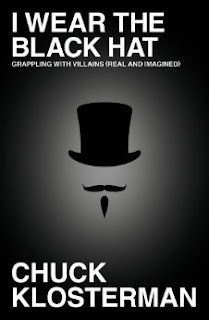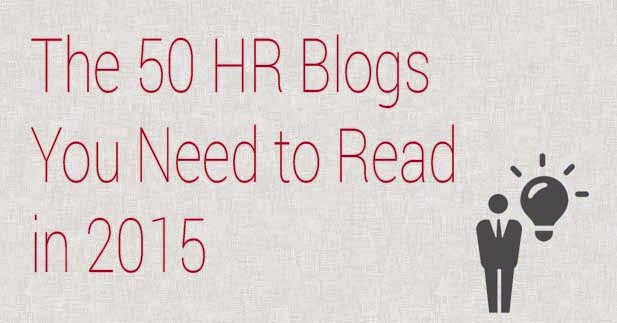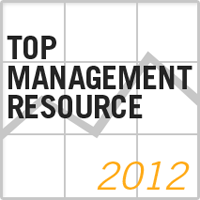"The opposite of love is not hate, it's indifference." - Elie Wiesel
"Repeat after me: "Not everyone is going to like me and its not my job to make sure they do."
As a fan of Chuck Klosterman's writings, I had to pick up "I Wear The Black Hat: Grappling With Villains (Real and Imagined)," a fascinating series of essays on the notion of evil and villainy. As he posits in the premise, "Why would anyone want to be evil?" What separates a villain, from a crook or a bad boy?
In Star Wars, Klosterman argues as a youth are we drawn to Luke Skywalker (who's pure good), we gravitate toward Han Solo (who is a good bad boy), but find the only intriguing figure in adulthood is Darth Vader?
In Purple Rain, we are supposed to root for the pure, suffering Prince, but find ourselves more interested in the confident Morris Day (Why? narcissicism scans as charisma).
Why do we find ourselves empathizing with Tony Soprano or Walter White?
What makes Machiavelli truly Machiavellian? According to Klosterman,
The Prince can be read like a self-help book for someone who openly aspires to be depraved: This is what's important to believe, this is how the powerful should act in public, this is how you need to behave in private, et cetera. It's a clinical dissection of how to be tyrannical. Whether Machiavelli believed these things is beside the point - what matters is that he presented them as pure stratagem. It was not an emotional reaction to a specific circumstance; it was a calculated design for life, usable by anyone, applicable anywhere. He turned an autocratic template into entertainment. This is what makes Machiavelli culturally unlikeable. It make him cold. The mere fact that he could conceive of these strategies - even if he'd never have used them himself - is what makes him sinister forever.
And, this leads to Klosterman's premise for the book:
In any situation, the villain is the person who knows the most but cares the least.
Machiavelli "didn't need to commit evil acts. He didn't need to be evil. That was just how his mind naturally worked, and that's what discomforts people."
And, this is why HR is often perceived as the villain.
In most employee relations issues, the HR representative should be the person who knows the most. He or she understands the HR body of knowledge. He or she should be most familiar with the appropriate rules and regulations.
However, by always looking out for the best interests of the organization, by being objective in its approach, the HR representative can be perceived by the employee as dispassionate or uncaring.
Hence, HR is the villain!
- Leave your comment • Category: Chuck Klosterman, Evil, Machiavelli., Prince, Star Wars, villain
- Share on Twitter, Facebook, Delicious, Digg, Reddit








